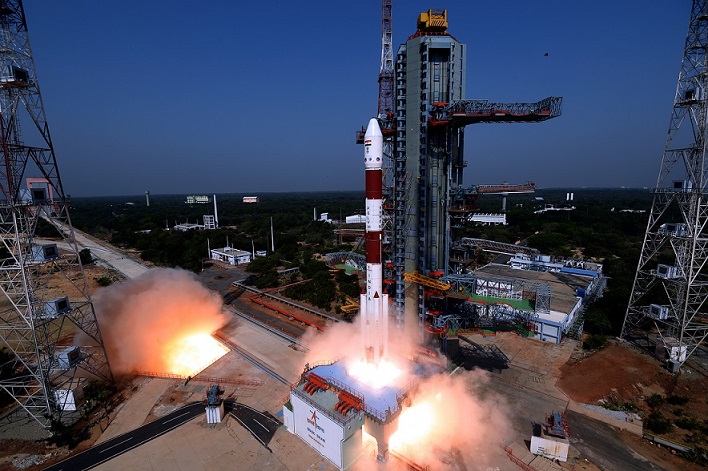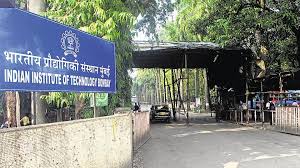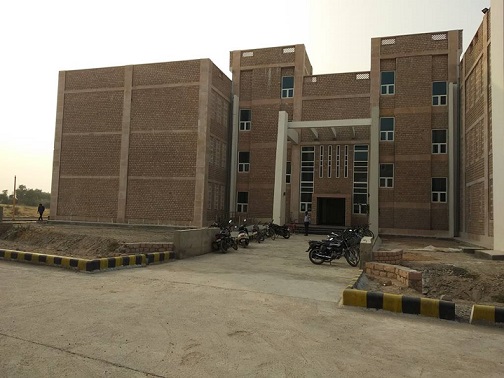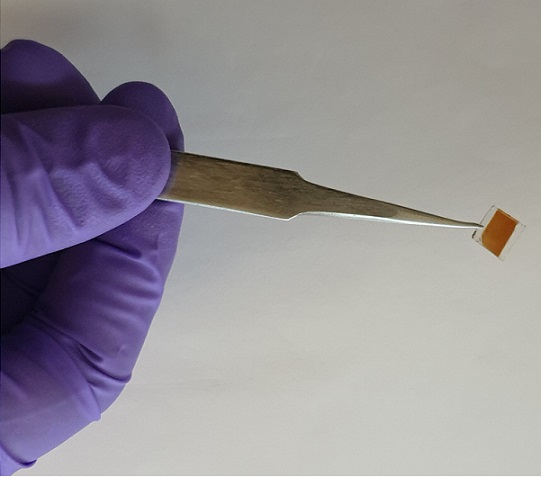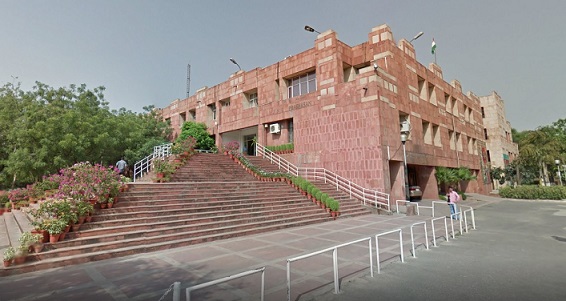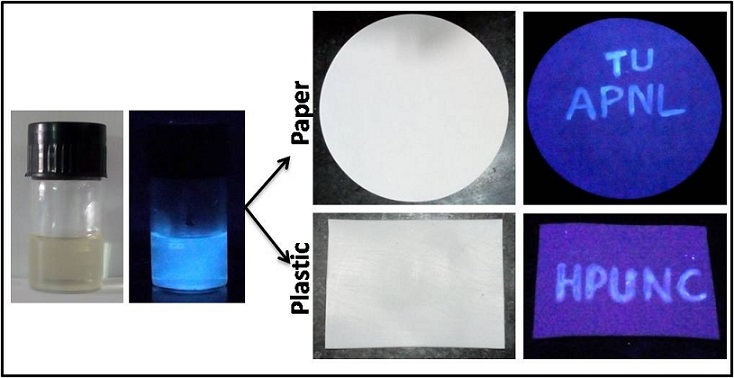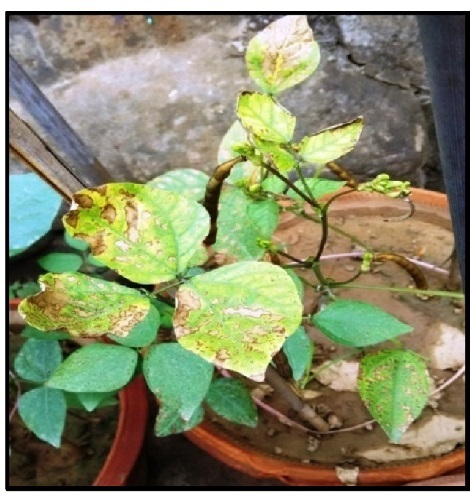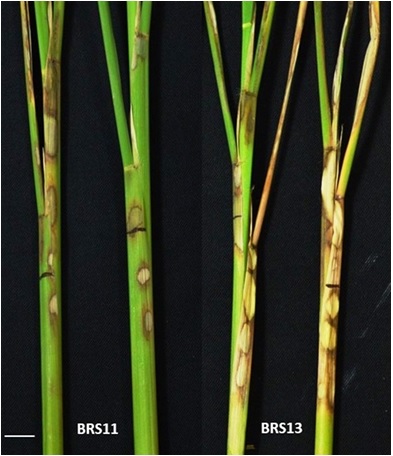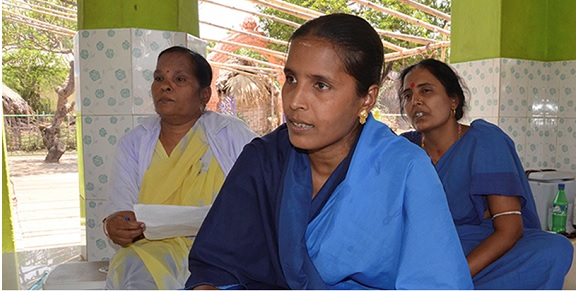
The George Institute for Global Health, India (TGI) has established India’s first rapid evidence synthesis unit. Health policies need to be based on evidence from research studies, but for this decision makers have to be provided synthesis of available evidence on any particular issue.
The unit will provide rapid evidence synthesis products that are rigorous, unbiased, and developed on-demand through continuous engagement with stakeholders. The unit has been established in collaboration with the National Health Systems Resource Centre (NHSRC) and with support from WHO Alliance for Health Policy and Systems Research.
Rapid evidence synthesis is an emerging discipline that provides a summary of the best available research evidence, contextualized to suit requirements of decision making. This is done by process and methodological tailoring as per requirements for decision making in a time-bound and cost-effective manner. For instance, rapid reviews can be done in four to 12 weeks, and rapid policy briefs prepared in two to four weeks.
" Relevant and contextualized research evidence can inform decision-makers as they put plans in place to improve coverage, quality, and efficiency, all the time keeping equity in perspective "
Such synthesis of evidence is critical because experience shows that evidence can improve health outcomes, help balance competing demands of various stakeholders, and ensure accountability and transparency. It can also build citizen trust in decision-making process.
For a particular topic, available research knowledge across multiple studies has to systematically be put together. Evidence synthesis takes into account the quality of studies compiled and assesses the strength of findings across them.
Health systems managers and policymakers - at national, state or district levels - have to make important, life-saving decisions. For example, they have to decide which interventions to implement in different settings, anticipate challenges and know how to address them. “Relevant and contextualized research evidence can inform decision-makers as they put plans in place to improve coverage, quality, and efficiency, all the time keeping equity in perspective,” said Devaki Nambiar, Program Head, Health Systems and Equity, The George Institute India.
The George Institute for Global Health, India has held training workshops to prepare researchers and policy makers to develop, conduct and report rapid evidence synthesis.
India Science Wire


